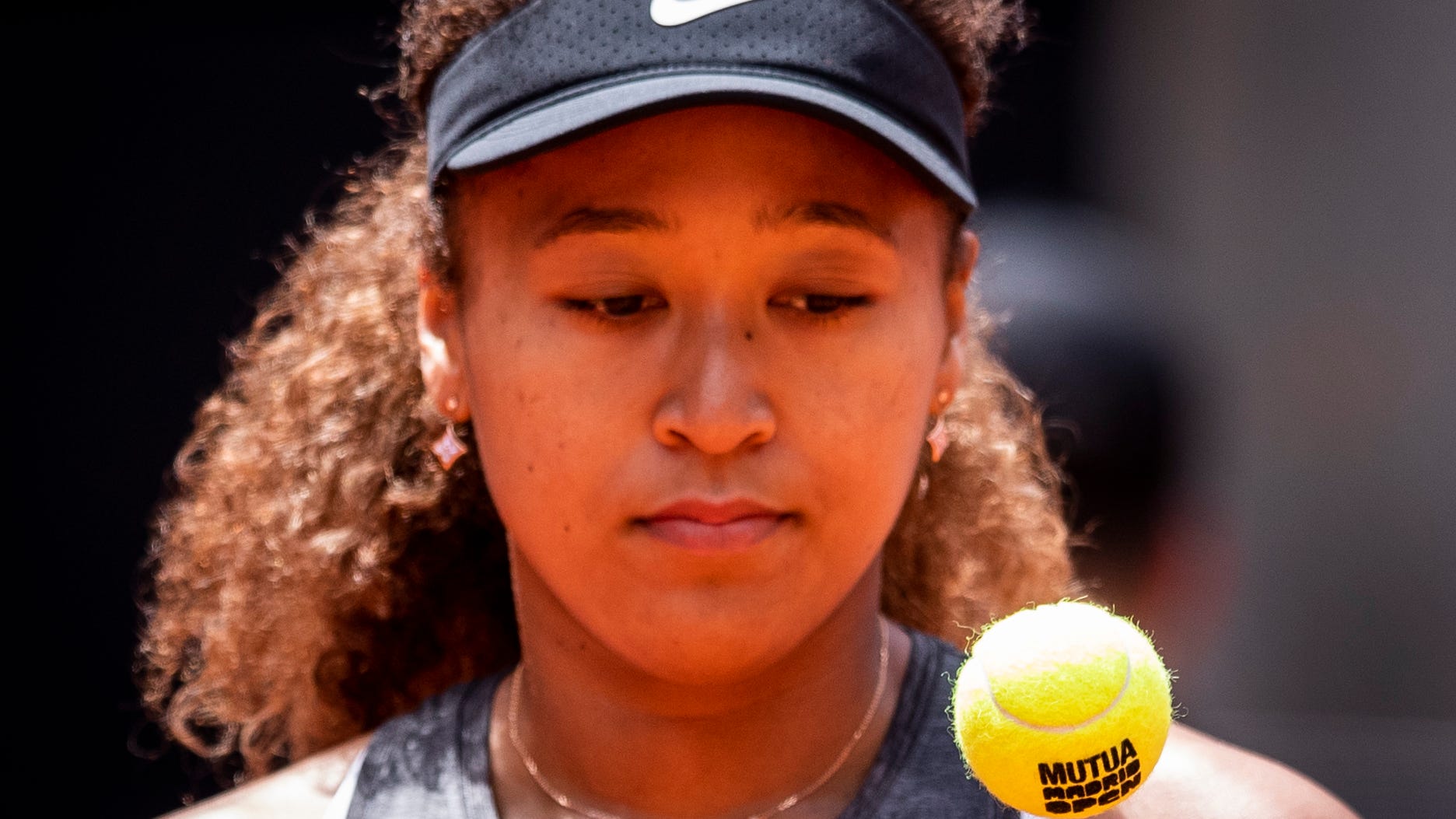Opinion: It's time to accept that Naomi Osaka is human before she's an athlete - 5 minutes read

CLOSE
From Trayvon Martin to George Floyd, the Black Lives Matter movement continues to highlight Black lives lost to police and racial injustice.
USA TODAY
When it comes to many workplaces and issues of race and gender, there is a simple truth both inside and outside of the sports world:
When white women stand up for themselves in the workplace, they are called girl bosses, queens and leaders.
When women of color stand up for themselves in the workplace, they are called problematic, divas and self-serving. This truth may be unrecognizable if you are not a woman of color, and if you are not a Black woman, this seems like an exaggerated trope.
But it's not and Black women, and women of color, experience this daily.
Naomi Osaka has chosen not to speak to the news media at this year’s French Open to protect her mental health, she said – an expression of standing up for herself in the workplace. Bravo to her.
More: Tour, players react to Osaka: Talking to media part of job
More: Naomi Osaka conflicted over holding the Tokyo Olympics
This issue is, when Osaka speaks, people listen. Without her commentary at Roland Garros, the world of tennis will lose one of its most influential voices. So, fans wonder, "Is it fair for an athlete to not do a part of their job?"
But Osaka's point is that press conferences aren't just unfair, they are problematic to her mental health.
“I’ve often felt that people have no regard for athletes' mental health and this rings very true whenever I see a press conference or partake in one,” Osaka said on social media.
Osaka has spent years working to reach this pinnacle of her career. At just 23 she is the highest-paid female athlete in the world, earning $55 million in the past 12 months alone.
But no matter how much she earns on the court, or how lucrative her multiple sponsorship deals are off of it, Osaka must stay vigilant about protecting her mental and emotional health and safeguarding her peace. Racism and sexism in the media – especially in sports media – can be far more problematic for athletes than fans know.
Osaka has decided to protect herself. Good for her.
"We're often sat there and asked questions that we've been asked multiple times before or asked questions that bring doubt into our mind and I'm just not Me not doing press is nothing personal to the tournament and a couple of journalists have interviewed me since I was young so I have a friendly relationship with most of them. However, if the organization thinks that they can just keep saying, 'do press or you're gonna be fined,' and continue to ignore the mental health of athletes that are the centerpiece of their cooperation that I just gotta laugh.
It's time to accept that Osaka is a human being before she's an athlete.
Stepping away from the things that do not serve as an essential practice for your well-being, regardless of how mandatory society makes those things, is smart, not problematic.
The WTA's statement responding to Osaka shows the organization seems to only partially understand what Osaka is saying.
"Mental health is of the utmost importance to the WTA (Women's Tennis Association) and for that matter, every individual person," the WTA said Friday. "We have a team of professionals and a support system in place that look after our athletes' mental and emotional health and well-being. The WTA welcomes a dialogue with Naomi (and all players) to discuss possible approaches that can help support an athlete as they manage any concerns related to mental health, while also allowing us to deliver upon our responsibility to the fans and the public. Professional athletes have a responsibility to their sport and their fans and to the media surrounding their competition, allowing them the opportunity to share their perspective and tell their story."
What the WTA doesn't seem to understand is that prevention is often better than a cure.
In a now-deleted tweet, the official Twitter account of Roland Garros — where the tournament is being held — posted a photo of other athletes participating in their media responsibilities on Saturday with the caption "they understood the assignment."
Taking subliminal shots at Osaka on social media further proves the unhealthy relationship between certain athletes and the media. The incident showed that Osaka does not have the luxury of taking a stance that will ultimately protect her. Even Roland Garros doesn't get it.
The immeasurable pressure society places on women of color to be strong and courageous under any and all circumstances is tiresome, yet Osaka has played some of her best tennis this past year, fulfilling media responsibilities with grace, all while gaining significant recognition for her activism. She gave victims of fatal racial bias and police brutality a global platform.
Osaka is expected to be fined $140,000 but to her it's worth it.
"I hope the considerable amount that I get fined for this," she said, "will go towards a mental health charity."
She gets it.
Contact Analis Bailey at aabailey.com or on Twitter .
Autoplay
Show Thumbnails
Show Captions
Last SlideNext Slide
Source: USA Today
Powered by NewsAPI.org